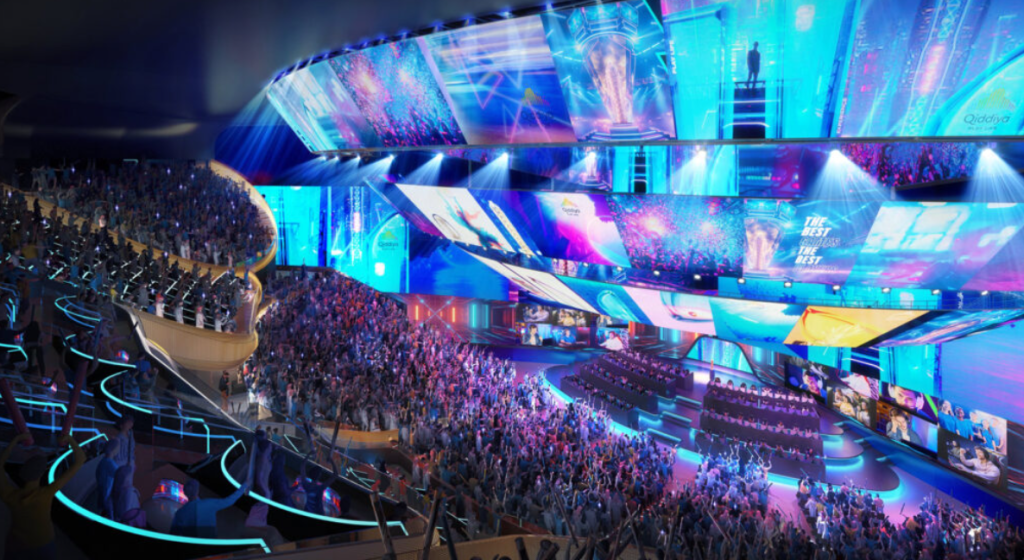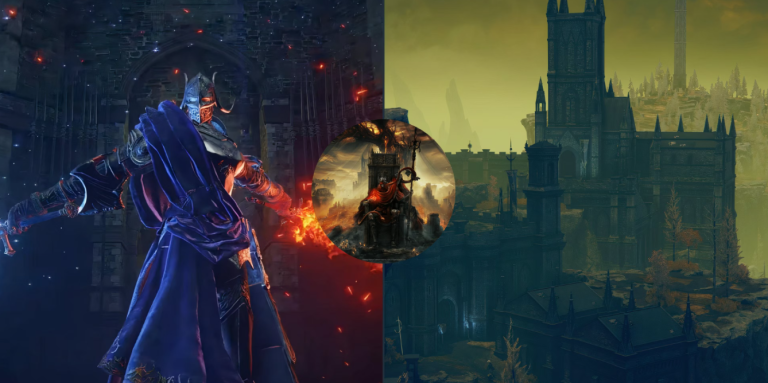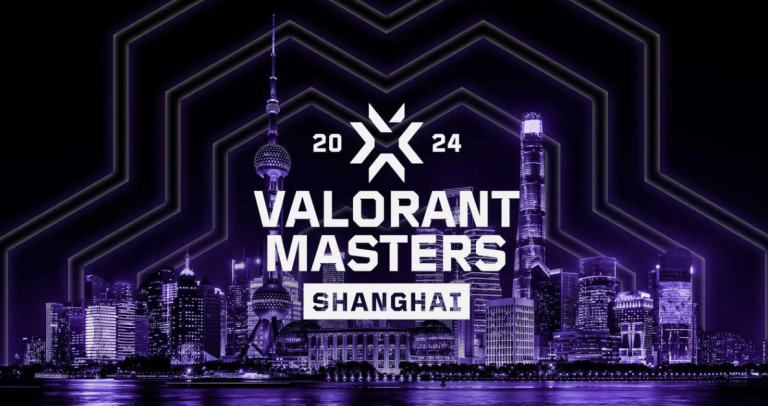
When you think of sports, images of intense football matches or NBA stars soaring through the air for a slam dunk probably come to mind. Esports, on the other hand, might bring to mind dimly lit arenas filled with gamers intensely focused on their screens, fingers flying across keyboards and controllers. For a long time, these two worlds seemed miles apart — one defined by physical endurance and sweat, the other by lightning-fast reflexes and strategic thinking. But times are changing, and the line between esports and traditional sports is blurring. Increasingly, their crossover collaborations are proving they not only coexist but also boost each other’s growth in unprecedented ways.
Some of the most compelling examples come from the US and Europe. Take the NBA, for instance. In recent years, the league has embraced the esports industry with open arms. During the season, they host NBA 2K tournaments and even signed esports players as official team members. In 2023, the Los Angeles Lakers launched their dedicated esports division, recruiting top gamers to represent the brand. The Lakers’ owner said it best: “We believe esports and basketball share the same spirit and competitive values.” This partnership doesn’t just bring fresh energy to traditional sports—it also lends esports a new level of legitimacy and professionalism.
These crossovers aren’t just about business; they’re bridges connecting cultures. Manchester United, one of England’s most iconic football clubs, has hosted hybrid esports-football events, where pro footballers and esports players go head-to-head. In 2024, they even opened an esports academy, encouraging young people to appreciate not only football but also the competitive spirit found in gaming. Marcus Rashford, a forward for Manchester United, publicly praised esports players for their focus and adaptability, saying, “There’s a lot we can learn from the dedication they show. Their games have a different kind of excitement, and it’s inspiring.”

The magic of these collaborations also lies in shared resources and fanbase crossover. A great example is the partnership between Formula 1 racing and the official F1 esports game. Real F1 drivers compete in online tournaments and invite esports players to experience the real tracks, merging virtual thrills with real-world speed. In 2022, the official F1 esports season attracted millions of viewers, sometimes even surpassing the live races in streaming numbers. Fans love this blend of digital and physical racing—it’s a fresh way to engage with their passion.
Professional athletes are also diving into the esports world themselves. Take Patrick Mahomes, the NFL star quarterback. Beyond dominating the gridiron, he’s founded his own esports team and frequently streams to interact with fans. His dual role has expanded his audience and brought more eyes to esports. This dual-career path shows how athletes can diversify and how esports and traditional sports can deepen their connections.
The fusion isn’t limited to elite leagues or superstar athletes. Even grassroots sports events are experimenting with esports. Last year, a regional marathon in the US introduced an esports challenge as a side event, allowing participants to compete in a virtual running game during breaks. This combination of online and offline engagement increased participation and drew younger crowds who might not have been interested otherwise.
At its core, the merging of esports and traditional sports reflects a broader redefinition of competitive spirit. Whether on a sweat-drenched field or under the glow of LED screens, both worlds share a passion for pushing limits and working as a team. Their collaboration is like an exciting “cross-industry conversation” that enriches the sporting landscape and makes it more diverse.
Looking ahead, we can imagine even more innovative hybrids. Maybe someday you’ll watch a soccer match and simultaneously jump into a VR version of the game alongside pro esports players. Or see esports tournaments open with traditional sports legends taking the stage, igniting the crowd’s energy. These scenarios are slowly becoming reality.

Ultimately, the fusion of esports and traditional sports isn’t just an industry trend—it’s a cultural evolution. It shows us that competition transcends formats. As long as there’s passion and perseverance, the thrill of the game will shine through. For anyone who loves sports or gaming, this is an exciting new chapter worth following.
![]()


